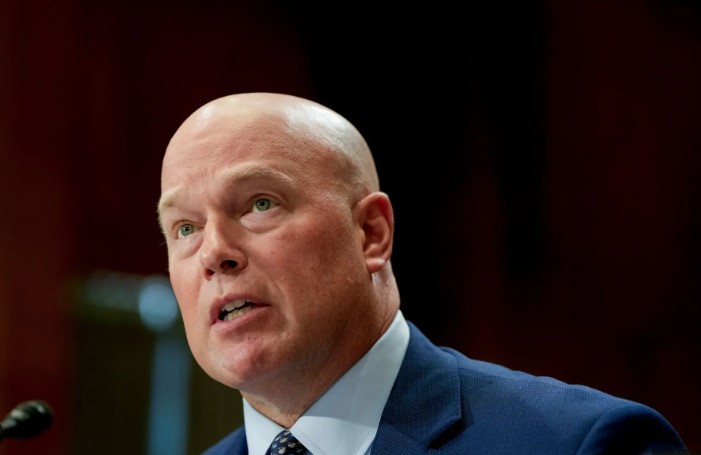U.S. Warns China of Consequences for Supporting Russia in Ukraine
On July 22, the U.S. Ambassador to NATO, Matthew Whitaker, issued a strong warning to China regarding its role in supporting Russia’s war against Ukraine. He stated that China could face serious consequences if it continues to assist Russia in the conflict. This statement comes amid ongoing destruction and loss of life in Ukraine, highlighting the global implications of the war.
China Accused of Subsidizing the Conflict
In an interview with Fox Business, Whitaker claimed that China is effectively fighting a proxy war through Russia. He suggested that China is trying to divert the attention of the United States and its allies away from other critical global issues by keeping them engaged in the Ukrainian conflict. Whitaker accused China of “subsidizing this killing” in Ukraine, arguing that its support is enabling Russia to continue the war. This accusation has sparked significant interest, given China’s status as one of Russia’s largest economic partners since the war began.
Whitaker emphasized that China’s actions are not neutral. Instead, they are seen as aiding Russia by purchasing Russian oil and supplying goods that can be used for military purposes. This behavior complicates efforts by the U.S. and its allies to pressure Russia into ending the war.
U.S. Threatens Sanctions on Countries Supporting Russia
Earlier, on July 14, former U.S. President Donald Trump announced that the U.S. would impose “severe” secondary sanctions on Russia if it does not end the war within 50 days. These sanctions would target not only Russia but also countries that continue to do business with it, effectively subsidizing its war efforts. Ambassador Whitaker explained that these sanctions could affect nations like China, India, and Brazil, which are major buyers of Russian oil. He warned that continued trade with Russia could lead to serious economic penalties.
One of the proposed measures is a 100% tariff on goods imported into the U.S. from countries that keep buying Russian oil. This would increase the cost of Chinese goods for American consumers and negatively impact Chinese companies that export to the U.S.
Economic Ties Between China and Russia Raise Concerns
China has become one of Russia’s most important partners since the war in Ukraine began. It is currently the largest buyer of Russian crude oil, providing a steady income that supports Russia’s military operations in Ukraine. In addition to oil, China is also supplying dual-use goods—items that can be used for both civilian and military purposes. Some of these products may be helping Russia’s defense sector, including weapons and other war-related equipment.
The South China Morning Post reported that Chinese Foreign Minister Wang Yi told European Union foreign policy chief Kaja Kallas that China “cannot afford” for Russia to lose the war. Although the information came from unnamed sources, it has raised concerns among Ukraine and its allies.
Ukraine Expresses Concern Over China’s Role
Ukrainian President Volodymyr Zelensky has repeatedly accused China of taking sides with Russia. He warned that China’s support is helping the Kremlin extend the war. Meanwhile, reports suggest that China has secretly warned the EU that a Russian defeat could bring increased U.S. pressure on Beijing.
Upcoming Meetings and Growing Tensions
Russian President Vladimir Putin is expected to visit China in September to attend the Shanghai Cooperation Organization summit and meet with Chinese President Xi Jinping. This meeting is seen as a sign of the close ties between the two countries, especially during the ongoing war. The recent events highlight growing tensions between the U.S. and China over the war in Ukraine. While the U.S. seeks to stop countries from supporting Russia, China continues its economic partnership with Moscow, raising serious concerns among Western allies.







